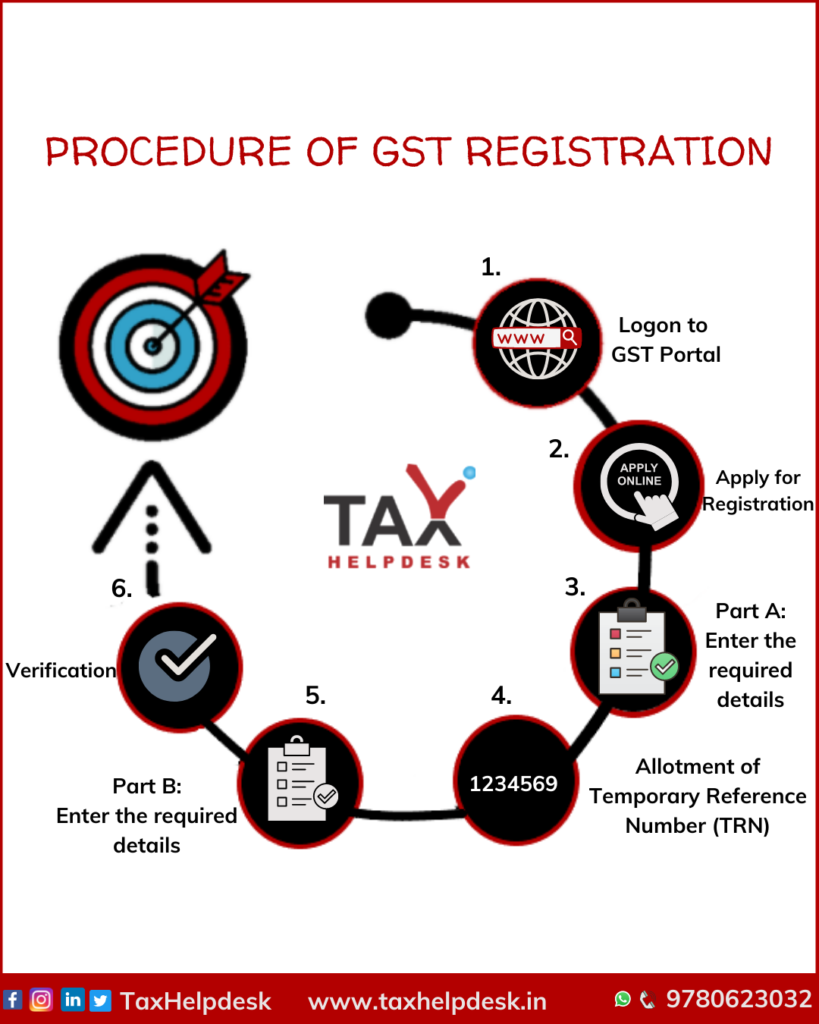Why Singapore GST Registration is Important for Your Startup
The Ultimate Guide to Simplifying the GST Enrollment Refine and Requirements for Local Business Owners

Comprehending GST Fundamentals
To comprehend the basics of the Product and Services Tax (GST) system, small company proprietors have to first recognize its underlying implications and concepts. GST is a value-added tax imposed on a lot of goods and solutions for domestic usage. It intends to streamline the taxation process by replacing multiple indirect taxes imposed by the state and central federal governments. Under the GST regimen, businesses are needed to sign up and accumulate tax in behalf of the government, making certain openness and compliance.
One of the crucial concepts of GST is input tax obligation credit history, which permits services to claim debt for taxes paid on their acquisitions. Recognizing these standard principles is important for small company proprietors to browse the intricacies of the GST system and ensure conformity with the law.
Qualification Requirements for Enrollment
Having actually established a foundational understanding of GST concepts, little organization proprietors should currently satisfy particular qualification criteria to wage the registration process. In India, entities engaged in the supply of items or solutions with a yearly aggregate turn over exceeding Rs. 40 lakhs (Rs. 10 lakhs for unique classification states) are called for to register for GST. In addition, certain services such as those entailed in inter-state supply of products, informal taxed persons, and those called for to pay tax under the reverse fee device must sign up for GST irrespective of their turnover. Organizations that were registered under the previous tax program (BARREL, service tax, etc) are also mandated to register under GST. Agricultural companies that just supply generate out of primary manufacturing are excluded from GST enrollment. It is crucial for entrepreneur to carefully examine their qualification based upon these standards to ensure compliance with the law and stay clear of any type of penalties for non-compliance.
Papers Required for GST Enrollment

Simplified Registration Process Steps
Complying with the collection and verification of the requisite documents, the enrollment procedure for sites GST can be navigated via a series of streamlined actions developed to promote reliable conformity for little business owners. The primary step includes checking out the GST site and choosing the 'New Registration' option. Ultimately, the candidate needs to load in my latest blog post Component A of the GST REG-01 type with information such as frying pan, mobile number, and e-mail address to acquire an OTP for verification. When the OTP is gotten and gotten in, a Short-lived Reference Number (TRN) is generated for more process. The next step needs submitting Component B of the form with needed business details, posting supporting records, and completing the verification process making use of DSC or EVC. Upon successful verification, an Application Recommendation Number (ARN) is released, indicating the completion of the GST enrollment procedure. By adhering to these simplified actions, small company proprietors can effectively register for GST and make certain compliance with tax guidelines.
Tips for Ensuring Compliance
To preserve governing adherence and operational integrity, attentive oversight and proactive measures are crucial in making certain conformity with GST demands for small company proprietors. Small company proprietors should remain updated with GST regulations, filing deadlines, and any type of modifications in tax obligation rates to stay clear of charges and keep a good standing with tax authorities. One crucial pointer for compliance is to keep detailed and exact documents of all deals, consisting of invoices, billings, and costs connected to GST. On a regular basis integrating monetary documents with GST returns can aid in recognizing and rectifying any kind of inconsistencies without delay. Additionally, carrying out periodic inner audits or seeking expert help can ensure that business is following all GST rules appropriately. It is also critical for local business owners to buy GST-compliant audit software program that can improve the tax obligation filing process and decrease mistakes. Finally, attending GST understanding workshops or training programs try this web-site can improve understanding and conformity with GST regulations, eventually profiting the service in the lengthy run.
Verdict
In verdict, little business owners need to recognize the essentials of GST, fulfill the eligibility standards, gather necessary files, and comply with the streamlined enrollment procedure actions to ensure compliance. By streamlining the GST enrollment procedure and demands, local business proprietors can prevent penalties and operate their organizations smoothly within the legal framework - Singapore GST Registration. It is vital for small company owners to remain enlightened and compliant with GST policies to preserve an effective service operation
Little service owners looking for GST registration need to guarantee they collect and submit the necessary papers to complete the registration process successfully. The documents needed for GST registration commonly consist of evidence of business registration or unification, FRYING PAN (Irreversible Account Number) card of the service entity, identity and address proof of the promoters/partners/directors, photographs, address proof of the location of service, bank account statements or terminated cheques, and authorization forms. Participating in GST understanding workshops or training programs can boost understanding and conformity with GST guidelines, inevitably benefiting the service in the lengthy run.
By simplifying the GST registration procedure and needs, tiny organization owners can prevent penalties and operate their businesses efficiently within the legal framework. It is important for small organization owners to remain informed and certified with GST policies to preserve an effective organization procedure.